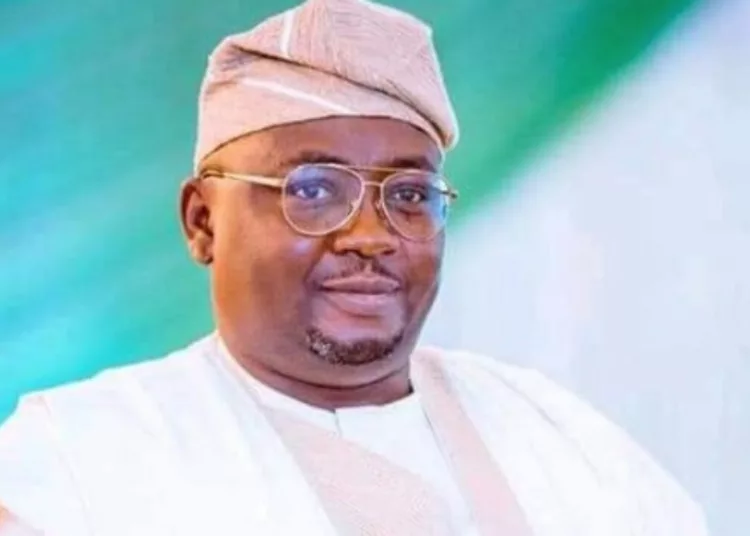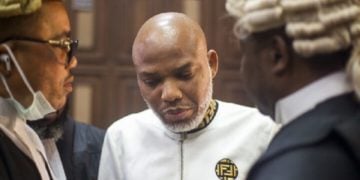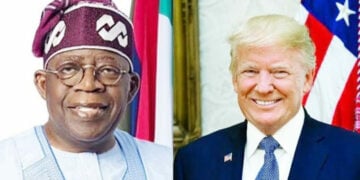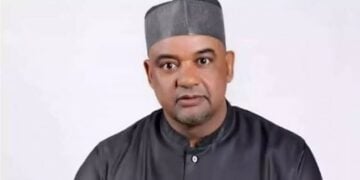Stakeholders in the power sector have faulted the federal government’s plans to extend its cost-reflective tariff on electricity beyond Band A to other bands, in a bid to address the huge subsidy obligations in the country.
Power Minister Adebayo Adelabu reportedly stressed this during a meeting with some chairmen of electricity generating companies (GenCos) in Abuja.
He said the country’s economy is under strain and can no longer sustain the rising cost of electricity subsidies. Recent data from the Nigerian Electricity Regulatory Commission (NERC) highlighted the growing gap between electricity production costs and what consumers are charged.
LEADERSHIP reports that as of February 2025, the real cost of electricity stood at N116.18 per kilowatt-hour, while the average consumer tariff was N88.20, creating a subsidy difference of nearly N28 per kilowatt-hour.
The NERC noted that all customers in the Nigerian Electricity Supply Industry (NESI), with the exception of the top 15 per cent (Band A), are currently benefiting from government subsidies.
“We must recognise that our economy cannot sustain subsidies indefinitely,” Adelabu stated, revealing that the government currently owes over N4 trillion to GenCos in unpaid subsidy debts and may have to resort to borrowing to offset the liability.
He said the new tariffs would reflect the actual cost of power generation and delivery, adding that citizens must pay the appropriate price for the energy consumed.
In reaction, the president of the Nigerian Consumer Protection Network, Kunle Kola Olubiyo, lamented that Nigeria’s power sector has long been plagued by inefficiencies, poor electrification rates, and chronic power outages and shortages. He stated that, currently, access to stable and reliable electricity remains a major constraint to industrial growth and economic development.
Our correspondent reports that, based on data from the Nigerian Electricity Regulatory Commission (NERC), Nigeria’s installed power generation capacity is currently about 13,625 MW, but the operational output was only reported to be 5,339 MW recently. Thus, the power sector continues to lag behind in meeting the nation’s energy demands.
Olubiyo suggested that one of the most effective strategies to overcome these challenges is digitalisation, as digital technologies have been pivotal in revolutionising power sectors across the world, enhancing efficiency, and ensuring sustainability.
Grid Infrastructure operating only at 40% of installed capacity
Nigeria’s grid infrastructure is largely inefficient, operating at an average of only about 40 per cent of its capacity, forcing millions to turn to costly and non-eco-friendly diesel generators.
According to Olubiyo, a significant portion of the country’s power generation and distribution infrastructure is outdated, leading to frequent power outages.
“The grid failures, which happen frequently, are a severe handicap on industrial production, business activities, and the day-to-day life of citizens.
“Also, the challenge of vandalism of power infrastructure, which is yet to be fully addressed, has been a huge cog in the wheel of reliable electricity supply. The destruction of transmission lines, substations and distribution networks has caused many interruptions in service, leading to high costs of repairs,” he stressed.
He added: “For us to get it right, generation has to be private sector-led, because the public sector business model is not about making profit. The private sector model is about efficiency, revenue optimisation, customer centricity, and what have you. So, generation, as it were, is public sector-led.
“Distribution, as it is, is public sector-led with some semblance of equity, with the government having a stake. So, the Transmission Company of Nigeria, as it is now, is a misnomer to remain a public sector business model as a cash cow. We want the national grid, which is under the purview of the federal government, to be completely privatised.”
On his part, with regard to the National Integrated Energy Policy (NIEP), the convener and executive director of PowerUp Nigeria, a power consumer advocacy group, Adetayo Adegbemle said that although the president signed off on the policy, “there’s not much enthusiasm about it because nobody can confidently say it addresses our present challenges, neither does it give us future direction for the power sector.
“While much was said about the increase in power generation, there’s a skewed focus on renewables as the main source of energy. We can all see what’s happening in Germany, with factories shutting down every day.
“The policy plan also targeted raising an estimated $122 million by 2040; however, nothing is said on how this finance will be raised or how it will contribute to the national GDP,” he stressed.
He also noted other issues, such as the proposed upgrading of the Nigerian Bulk Electricity Trading (NBET) company to an exchange platform, which, he argued, contradicts the Electricity Act that outlines the breakup of the Transmission Company of Nigeria (TCN) to establish an Independent System Operator.





